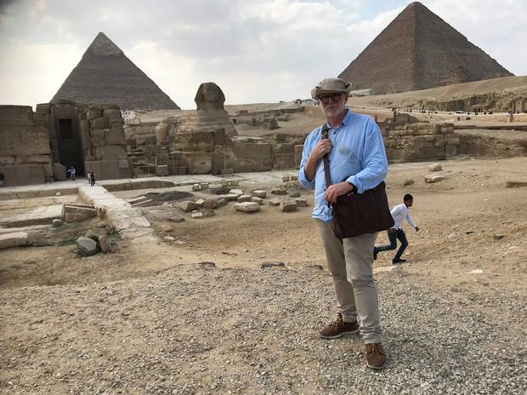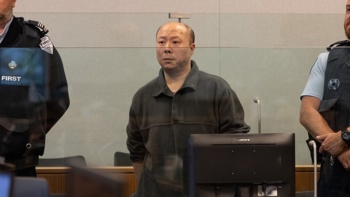Follow
the podcast on

A new book on legendary New Zealand soldier Charles Upham argues he could've been awarded the prestigious Victoria Cross a staggering eight times during World War II.
Captain Charles Hazlitt Upham is the only combat soldier to twice win the Victoria Cross – the highest award for gallantry – and one of only three double VC winners ever.
He was awarded his first VC for "a series of remarkable exploits" over nine days during the bloody Battle of Crete in 1941, where he single-handedly snuffed out numerous machine-gun posts, carried wounded men under fire, and was badly wounded in his shoulder on the fourth day./cloudfront-ap-southeast-2.images.arcpublishing.com/nzme/LZQ3PHYXLVBCRLBF3PMUDJXWV4.jpg)
Upham then won his bar, or second VC, when he fearlessly led his men in North Africa. His citation recorded "five acts of conspicuous gallantry" over three weeks before he was severely wounded again and captured by the Germans.
As a prisoner of war (POW), he made so many escape attempts that he was finally sent to the infamous Colditz Castle.
But in Searching for Charlie, a major new biography published tomorrow, award-winning cartoonist and columnist Tom Scott suggests the relentless acts of bravery by a wiry, modest Canterbury farm valuer meant he probably deserved six more.
"In the end they couldn't do it – they couldn't give one man that many VCs. But just winning one VC was a nightmare for [Upham], winning two was just horrifying, so if he won eight it would've killed him," said Scott who quit his regular cartoon slot to pursue the book project.
"Searching for the source of Charlie's courage was like chasing the end of a rainbow. The deeper I looked and explored the more mysterious it became, until it defied rational explanation."
Scott has been fascinated by Upham since he was a schoolboy and reading the best-selling classic Mark of the Lion by Hamilton lawyer Kenneth Sandford, published in 1962.
During his research, he went on a pilgrimage to Upham's old battlegrounds in Crete and Egypt, as well as the POW camps at Colditz and Weinsberg in Germany, and Modena in Italy.
Scott visited the British Museum and learned about other VC winners, all the time thinking, rather ashamedly, "Charlie did this before morning tea".
He also retraced Upham's childhood and discovered his uncle and namesake, Dr Charles Upham, who took his nephew on house calls to the Quail Island leper colony.
/cloudfront-ap-southeast-2.images.arcpublishing.com/nzme/B2UV6L3X4JFTTOU7TSW2DZGEWM.jpg)
The seeds of Upham's powerful moral compass and his lifelong abhorrence of bigotry, pretence and prejudice were sewn in those times, Scott believes.
Shy and reluctant to take any credit, Upham deflected all praise onto his soldiers and was "distraught" to discover he'd won the VC.
"Charlie was locked into a defiant, bewildered, almost pathological modesty," Scott says.
"He didn't downplay his achievements so much as wish vehemently that they would go away."
Scott examines the science behind bravery and even takes a test on Upham's behalf to rubbish claims he was a psychopath.
"If you distilled everything that was good in a New Zealand male at that time, Charlie would've been the Champagne or brandy you would've produced," Scott says.
"He just seemed to sum up that Kiwi doggedness, resolve and self-effacement."
Take your Radio, Podcasts and Music with you









